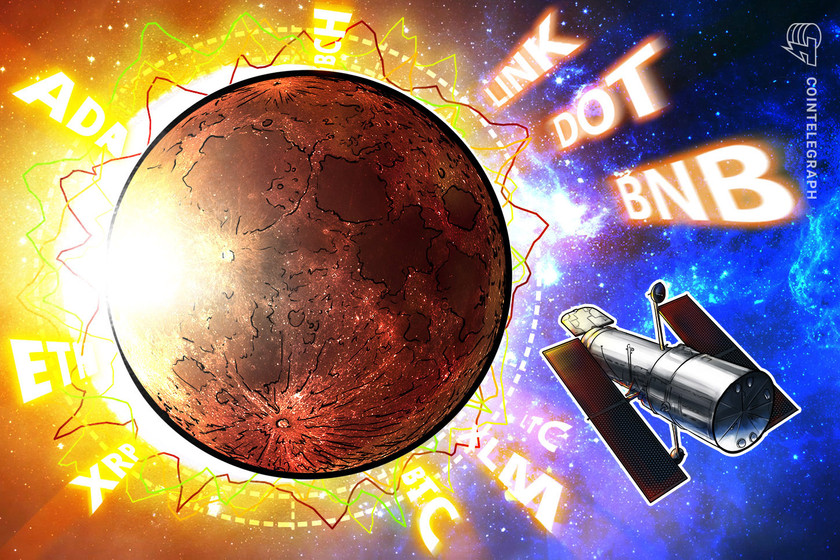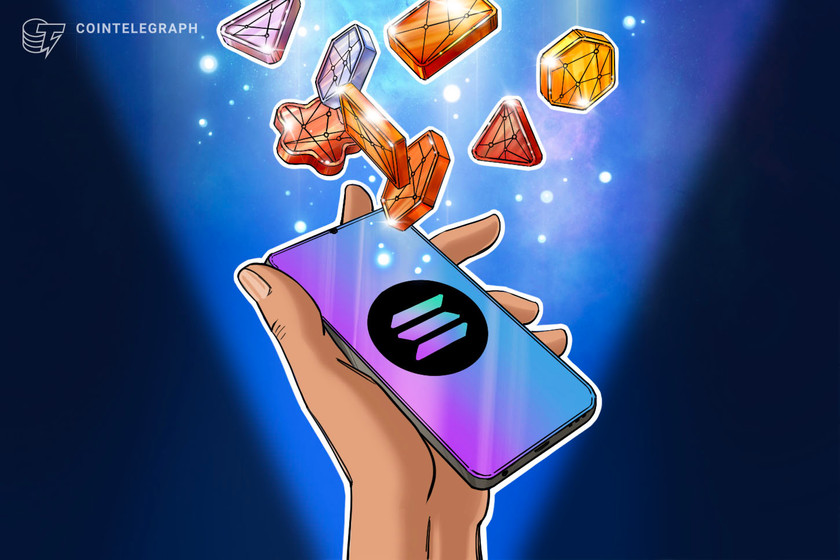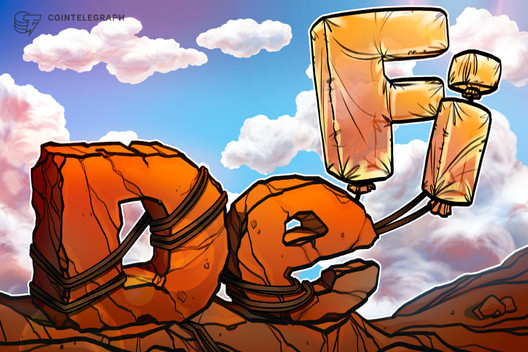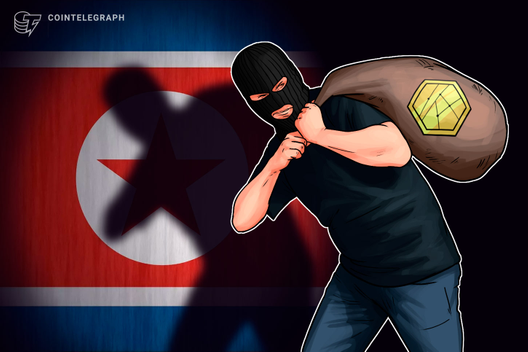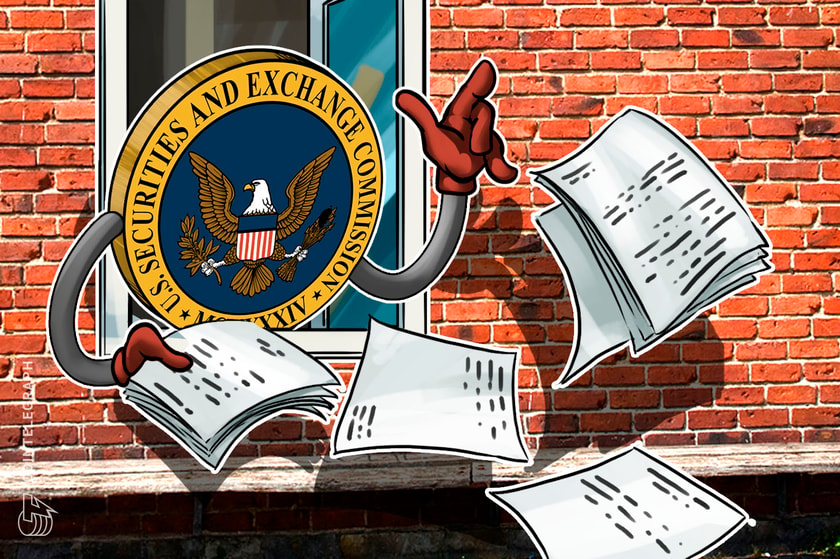Blockchain meets activity tracking: Project rewards healthy habits with tokens
Medical professionals have developed ways to track and store personal health data securely within the blockchain.
226 Total views
4 Total shares

Blockchain use cases continue to grow as the world learns about the benefits that it brings. Apart from bringing financial innovations like the ability to do peer-to-peer transactions, blockchain now makes its way to the health industry.
Health specialists created a method to track and store health data using blockchain technology. Rosanne Warmerdam, the CEO of Health Blocks, told Cointelegraph that her team had developed a way for users to generate and store patients’ health data without sacrificing their privacy and security.
“We wanted to start with giving users ownership and control over their health data,” said Warmerdam. By building on top of the IoTeX blockchain, their platform Health Blocks collects lifestyle-related health data from wearables and other smart devices and connects it to a decentralized health profile.
The project also gives incentives as users reach their health goals. “We want to make a healthy lifestyle fun and rewarding, providing tools to improve health and provide access to health services for all,” said Warmerdam.
With this, users can get tokens as they achieve their health goals. According to Warmerdam, “when a user reaches a health goal of 10,000 steps in a day, a smart contract is triggered, sending tokens to your profile.”
Related: $1B science fund seeks blockchain projects to expand human lifespan
Meanwhile, a medical firm in Mexico is using blockchain to verify COVID-19 testing results. MDS Mexico utilizes the technology to avoid the fabrication of results. The team certifies the COVID-19 detection through blockchain and cryptographic signatures. This protects the information by using a unique, immutable, and unalterable QR Code that can easily be verified.
There are a number of existing use cases for blockchain in the medical field, but many predict it is open for more breakthroughs. While discussing new potential crypto and blockchain use cases, billionaire Mark Cuban also shared theories on how a decentralized autonomous organization may be applied in medical procedures like providing colonoscopies.

